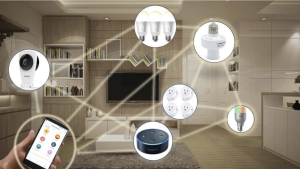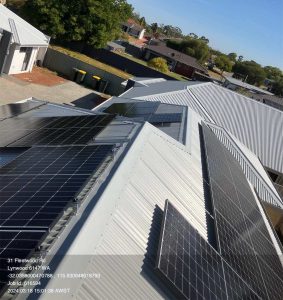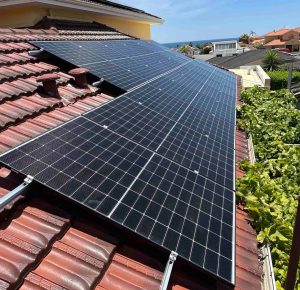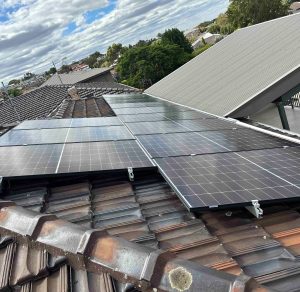Solar Energy Options for Rented Houses in Australia
The push for renewable energy solutions has intensified across Australia, with solar energy at the forefront of this green revolution. For renters, solar panels are not only a viable option but also an increasingly popular one, thanks to technological advancements and supportive policies. Solar systems can significantly reduce electricity bills and carbon footprints, making them an attractive addition to rental properties.
Options Available:
- Standard Rooftop Solar Panels: These are feasible where landlords approve the installation on their properties.
- Community Solar Projects: Renters can invest in offsite solar farms which offer credits against their electricity bills.
- Portable Solar Systems: These do not require installation and can be moved with the tenant, ideal for those who frequently relocate.
Understanding Rental Agreements and Solar Installation
Installing rooftop solar panels in rented properties requires navigating through rental agreements carefully. It is crucial for tenants to obtain explicit permission from their landlords before proceeding with any installations. Here are key considerations:
- Reviewing the Lease: Some leases might explicitly forbid alterations to the building’s structure, including solar installations.
- Landlord-Tenant Agreement: Both parties need to discuss who bears the installation costs and the division of any ensuing benefits.
Portable Solar System and its Pros and Cons
Portable solar systems offer a flexible alternative for renters. They are easy to set up and remove, making them ideal for temporary residences. However, their efficiency is generally lower than that of permanently installed panels, and they may not be suitable for high energy needs.
Pros:
- Flexibility and Portability
- No need for landlord approval
Cons:
- Lower efficiency
- Limited capacity
Financial Assistance and Incentives for Renters
Several states in Australia offer rebates and incentives specifically tailored for renters looking to adopt solar energy. These financial aids can cover a significant portion of the upfront costs, making solar systems more accessible.
- Government Rebates: Programs that partially fund the cost of installation.
- Green Loans: Special loans with lower interest rates for purchasing renewable technology.
Choosing the Right Solar System for a Rented Property
Selecting the right solar system involves considering the specific needs of the property and its occupants. Key factors include the roof’s size and orientation, the household’s average energy consumption, and the local climate conditions. It’s also crucial to choose a system that balances cost with efficiency.
Get Guidance from the Best and Approved Solar Installer
Professional solar installers can provide valuable advice on the best system for your needs, taking into account the property’s characteristics and local regulations. They ensure that the installation adheres to all safety and quality standards, which is essential for both immediate benefits and long-term reliability.
Negotiating Solar Installations with Landlords
Effective negotiation is key to gaining landlord approval for solar installations. Tenants should prepare to address potential concerns about property modifications, system maintenance, and the aesthetics of the installation. Offering a detailed proposal that outlines the benefits for both parties can facilitate these discussions.
Maintenance and Care of Rooftop Solar Systems
Once installed, maintaining a rooftop solar system is crucial to ensure its efficiency and longevity. Renters should understand their responsibilities, which can include regular cleaning of the panels and monitoring for any needed repairs. Additionally, some agreements might involve co-contributions to a solar loan, which should be clearly understood by all parties.
Impact of Rooftop Solar on Rental Properties
The installation of rooftop solar systems benefits both landlords and tenants. Landlords can attract eco-conscious tenants and increase their property value, while tenants enjoy lower utility bills and contribute to a sustainable future. This win-win scenario is driving more rental properties towards embracing solar energy.









